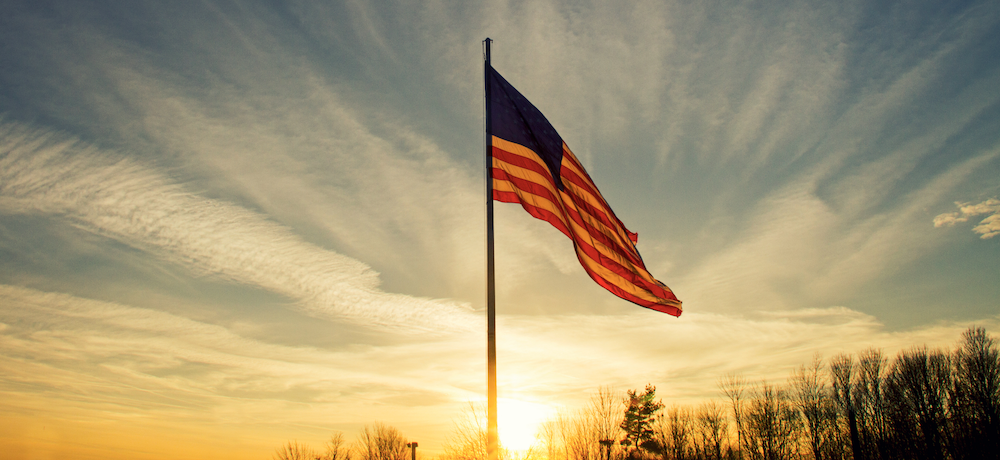“Christian Nationalism” and the Appeal to History
Is America a Christian nation—or was it ever? This vexed question, debated for decades, has been given a new lease on life by the heated and sometimes obsessive conversation around so-called “Christian nationalism” in the wake of the January 6th Capitol riot. Although no one seemed quite able to agree on the meaning of this faddish term, Christian nationalists, it at least seemed clear, were those who believed that the United States ought to be a Christian nation. But why?
Sociologists were quick to rush forward and proffer answers, suggesting that Christian nationalists are uniquely obsessed with boundaries, power, and order—perhaps because they secretly want to marginalize dark-skinned people and maintain “male authority over women’s bodies.”[1] Such explanations, which inevitably involve not-so-charitably psychologizing the beliefs in question as the product of sinister repressed desires, stubbornly refuse in advance to consider the answers that so-called Christian nationalists themselves are most likely to offer. In the most influential account of the alleged movement, Taking America Back for God, authors Andrew Whitehead and Samuel Perry, record over and over from those whom they call “Ambassadors” for Christian nationalism some variation on this response: “Our country was definitely founded on Christian principles.”[2] Consistently, those who support some kind of Christian nation in the present do so on the basis that America was a Christian nation in the past—particularly and crucially, at the time of its Founding.
Login to read more
Sign in or create a free account to access Subscriber-only content.
Topics:
